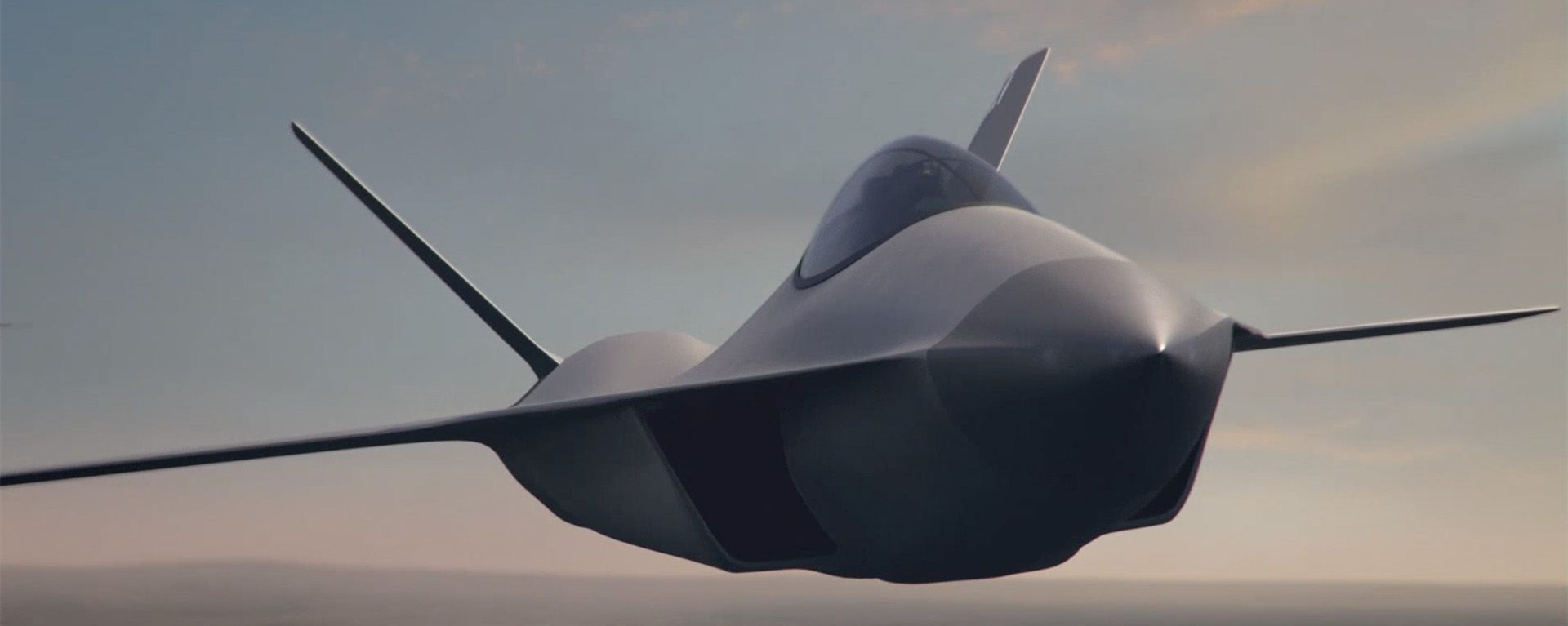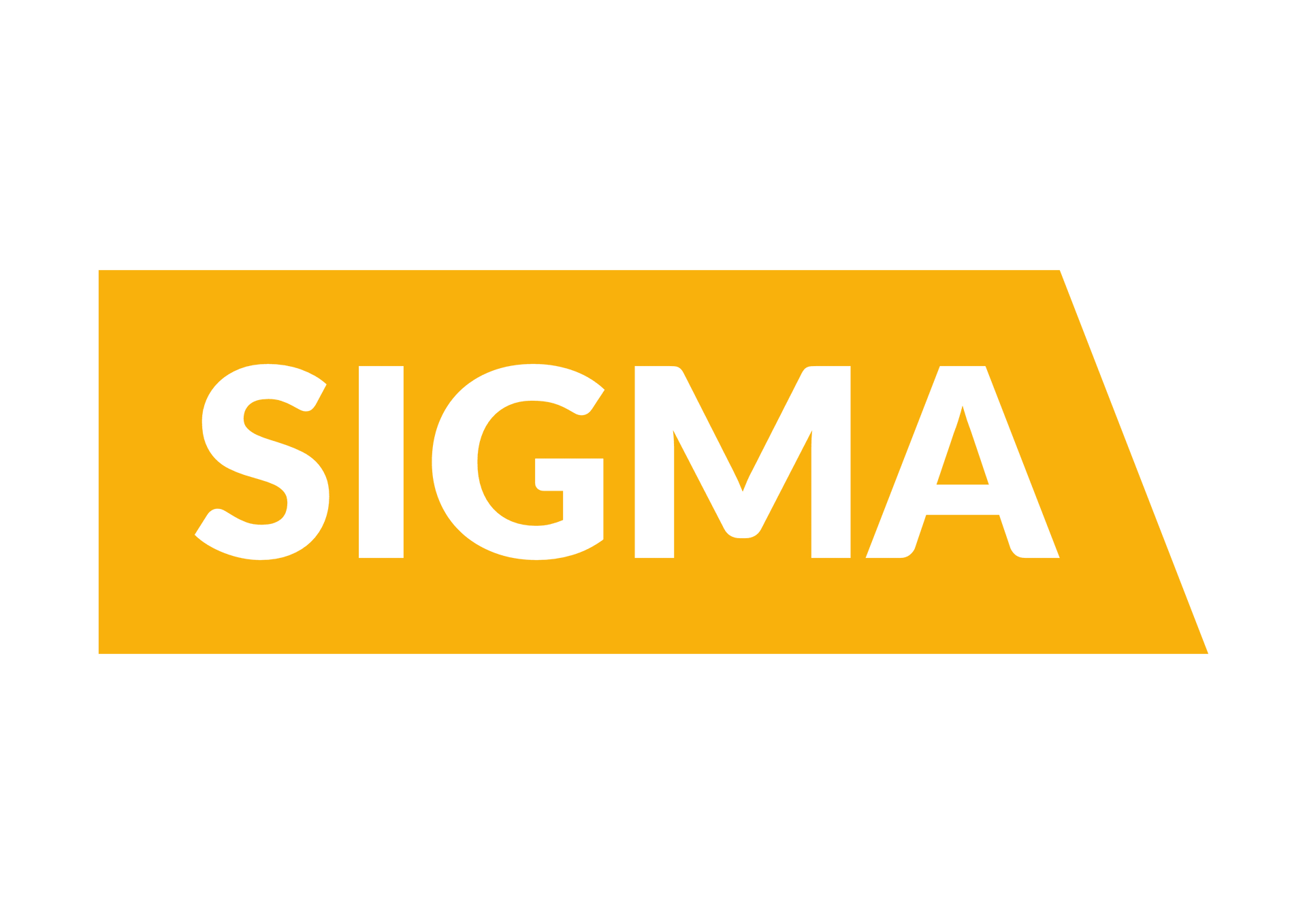Europe's Air Power Futures: A Tale of Two Sixth-Generation Fighters
Comparing the European and UK FCAS Projects - progress report

Europe's skies are set to be dominated by next-generation fighters, but the continent is pursuing two ambitious, yet separate, programmes: the Franco-German-Spanish FCAS and the UK-led Global Combat Air Programme (Tempest). Dive into the fascinating race between these projects, exploring their unique visions, progress, and the enduring question of whether collaboration might one day unite them.
"The development of the Future Combat Air System (FCAS) is Europe’s most important defence project. Both technologically and militarily, the project has the potential to set new standards and revolutionise the use of air power"
Future Combat Air System: Too Big to Fail
Europe is at a pivotal moment in its defence strategy, with two ambitious projects vying to define the future of air combat: the Future Combat Air System (FCAS) and the Global Combat Air Programme (GCAP), also known by its core platform, Tempest. While both aim to deliver cutting-edge sixth-generation fighter capabilities by the mid-2030s to 2040s, they are currently running on parallel tracks, presenting both a formidable challenge and a testament to European ambition.
The existence of two separate, similarly named initiatives—"FCAS" is used by both the Franco-German-Spanish project and as an overarching term for the UK's programme—has often caused confusion, highlighting the complex political and industrial landscape of European defence cooperation.
The Franco-German-Spanish FCAS: A "System of Systems" Vision
The European FCAS, often referred to as SCAF (Système de Combat Aérien Futur) by the French, is Europe's most important defence project, aiming to set new standards in air power. Initiated in 2017 by France and Germany, Spain officially joined in 2019, making it a trilateral effort. Belgium has also joined as an observer, with potential for future participation.
At its core, FCAS is conceived as a comprehensive "system of systems" (NGWS - Next Generation Weapon System). This includes:
- A New Generation Fighter (NGF): A piloted combat aircraft designed to replace the French Rafale and German and Spanish Eurofighter Typhoons.
- Remote Carriers (RC): Autonomous unmanned air platforms that will operate in concert with the NGF.
- Combat Cloud (CC): A protected IT system acting as a digital backbone, connecting the NGF, RCs, and integrating existing and future systems across air, land, sea, space, and cyber domains.
The project is structured into seven main development pillars, each led by a designated company, with partners from all three nations. France is the lead nation, with Dassault Aviation as the prime contractor for the NGF and Safran leading the engine development with MTU Aero Engines as its main partner. Airbus leads the remote carrier and combat cloud pillars, while Indra leads on sensors.
Progress and Timeline:
- The project officially began in 2017 with a joint press conference by German Chancellor Angela Merkel and French President Emmanuel Macron.
- Phase 1A, an 18-month contract for demonstrator work, was awarded in early 2020, followed by Phase 1B at the end of 2022, amounting to €3.2 billion.
- The NGF demonstrator is currently aimed to fly in 2029, a delay from earlier targets of 2026 or 2030.
- FCAS is scheduled to be ready for deployment by 2040.
Challenges Faced:
- Cultural and Structural Differences: France's centralist presidential system and preference for unilateral military action contrast with Germany's parliamentary system and multilateral orientation, leading to misunderstandings and risks.
- Workload and Intellectual Property (IPR) Disputes: Significant disagreements arose over how to divide work packages and protect intellectual property, causing delays.
- Export Policy: France's more progressive export policy clashes with Germany's stricter views on arms sales, posing a challenge for future sales of FCAS.
- Political Will and Funding: The project's complexity and high costs necessitate sustained governmental commitment and stable multi-annual financing, which has been impacted by political cycles and economic factors like the coronavirus crisis.
The UK-Led Tempest/GCAP Programme: A Global Endeavour
The UK’s ambition for a future combat air system dates back to 2015. The Future Combat Air System (FCAS) Technology Initiative (FCAS TI) was launched in 2018, leading to the unveiling of the Tempest "concept aircraft" at the Farnborough Airshow that same year. Tempest is intended to replace the Eurofighter Typhoon in RAF service.
In December 2022, the Global Combat Air Programme (GCAP) was formally established, merging the UK's Tempest efforts with Japan's F-X fighter project and Italy's involvement. This trilateral partnership aims to deliver a sixth-generation fighter by 2035.
Team Tempest, initially comprising BAE Systems, Leonardo UK, MBDA, and Rolls-Royce, forms the core industrial partnership with the UK Ministry of Defence (MoD) and the RAF. Leonardo, for instance, is developing cutting-edge sensor and communication systems, including ISANKE and ICS, and cyber resilience for Tempest. Rolls-Royce is focusing on advanced propulsion and power generation, collaborating with Japan's IHI Corporation for a future fighter engine demonstrator.
Progress and Timeline:
- Over £2 billion has been invested by the UK to date in FCAS/GCAP and the Team Tempest R&D program.
- A demonstrator aircraft is planned to fly within five years of July 2022, indicating a target of by 2027.
- The GCAP aims for its sixth-generation fighter to enter service by the mid-2030s.
- GCAP has seen significant progress in establishing governance structures, including the GCAP International Government Organisation (GIGO) and a new joint venture company formed by BAE Systems, Leonardo, and Japan Aircraft Industrial Enhancement Co Ltd (JAIEC), both based in the UK.
Challenges Faced:
- Cost Control: Developing a sixth-generation aircraft involves substantial costs, and the programme aims to break the trend of intergenerational cost increases.
- International Collaboration Complexity: While seen as crucial for sharing costs and expertise, managing multiple international partners brings challenges in decision-making and workshare arrangements, though the current collaboration is seen as "very positive".
- Brexit Implications: The UK's departure from the EU has complicated defence cooperation with European partners, affecting access to EU defence funds and potentially souring political relations, though some sources note that the UK is still very much part of European defence.
Potential for Future Collaboration: Two Paths or One?
The simultaneous development of two major European sixth-generation fighter programmes raises questions about potential overlap and efficiency.
- Arguments for Merger/Convergence:
- Financial Sustainability: Italian Air Force Chief of Staff Luca Goretti explicitly stated that it is "unthinkable" to invest "huge financial resources in two equivalent programs," suggesting a natural merger. Analysts also highlight the logic of pooling budgets and capabilities.
- Maximising European Strength: A single programme would offer synergies in industrial and technological assets, economies of scale, larger domestic markets, and stronger competition in export markets, ultimately enhancing Europe's strategic autonomy.
- Avoiding Past Mistakes: The history of European defence projects is rife with examples of damaging competition and duplicated efforts, such as the multiple fighter jet programmes in the 1980s.
- Obstacles to Merger:
- Historical Rivalries and Mistrust: Past Franco-British efforts on a UCAV demonstrator (also called FCAS) failed despite significant investment, partly due to diverging requirements, funding pressures, and industrial rivalries between Dassault and BAE Systems.
- Leadership and Workshare: Both France and the UK have a "firm tradition of going it alone" and prefer to lead such projects, making an equitable division of labour and programme leadership difficult to agree upon.
- Brexit's Lingering Impact: The UK's departure from the EU complicates deeper integration with EU-centric projects like the FCAS, influencing political will and access to funding mechanisms like the European Defence Fund (EDF).
- Differing Operational Requirements: France's interest in nuclear weapon carriage for FCAS is a point of complexity for partners like Germany and Spain, and generally, varying national military needs can hinder common design.
While a full merger between FCAS and GCAP remains a distant and challenging prospect due to deeply rooted political, industrial, and strategic differences, the door is not entirely closed. There is potential for collaboration on specific subsystems or technologies, or for countries to join existing programmes at later stages. Indeed, German industrial figures would privately prefer to be part of the Tempest programme, given their central role in previous European fighter projects like Tornado and Typhoon.
Ultimately, the success of these programmes is not just about military capability but also about maintaining European industrial and technological sovereignty and securing thousands of highly skilled jobs within the defence-aerospace sector. The coming years will be crucial in determining whether Europe's dual approach to next-generation air power can overcome its inherent challenges to deliver effective and exportable solutions for a rapidly evolving global security landscape.
Event Registration Form
EVENT BOOKING
Terms & Conditions
Your information will be used solely by FAC for the purposes of managing your participation in this event and providing you with relevant updates. It may also be forwarded to attendees of the event for the purpose of collaboration unless you specify on the form your objection.
Terms : By signing this form you understand you are committing to this event and agree to the FAC Terms. Cancellation must be received 2 weeks before an event for a refund. Less than 2 weeks we are committed to costs and therefore the full amount will stand.
A registration form must be completed for you to attend any event






